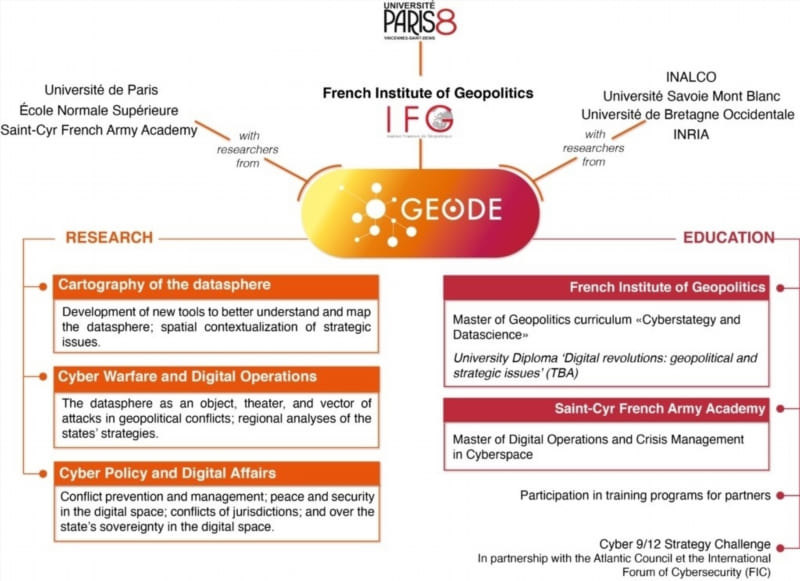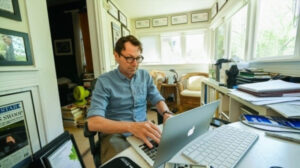Why the Fusion of Science and Humanities Matters

Science and the humanities have traditionally occupied separate spheres of academia. While science strives to decipher the world’s mysteries through empirical investigation, the humanities emphasize understanding human experiences and culture. Yet, when these two disciplines merge, incredible insights emerge, revealing interconnected threads that have been often overlooked.
For instance, in Halifax, a city with a rich maritime history and a burgeoning tech scene, this fusion has led to more comprehensive studies of both human and environmental dynamics. Such collaborations are shaping how the city perceives its past, present, and future.
The Deep Roots of Halifax’s Maritime Heritage
When you wander through the streets of Halifax, you can’t help but feel the maritime vibes. Ships, docks, and the ocean’s vastness whisper tales of adventure, exploration, and cultural exchanges. But what lies beneath this surface? The intertwining of science and humanities offers a unique lens.
Researchers in Halifax use cutting-edge technology to explore shipwrecks, retrieving artifacts that narrate stories of the city’s vibrant past. These objects, combined with oral histories, paint a vivid picture of early settlers, trade routes, and the challenges faced by seafarers. It’s like piecing together a jigsaw puzzle with both science and artistry.
The Ethical Implications of Scientific Discoveries
Every groundbreaking scientific discovery bears ethical questions. How should this knowledge be used? Who stands to benefit? In Halifax, as biotech companies push the boundaries of medical research, the humanities play a pivotal role in framing these moral quandaries.
Philosophers, ethicists, and historians collaborate with scientists, ensuring that the rapid advancements in genetics, AI, and biotechnology consider the broader human and societal implications. It’s a dance of progress and reflection, ensuring that as we move forward, we don’t lose sight of our shared values and heritage.
Tools and Techniques: Merging Two Worlds
Blending science and humanities isn’t just about lofty ideals; it’s also about using tangible tools and techniques from both fields. In Halifax, digital humanities projects have gained traction, offering fascinating intersections.
Augmented Reality: Reliving the Past
Imagine strolling through the historic Halifax Public Gardens, and as you pass an old statue, your smartphone overlays a detailed history, bringing to life events from a century ago. AR tools are creating immersive experiences, allowing residents and tourists to delve deep into the city’s history, guided by both scientific precision and human narratives.
Data Visualization: Mapping Cultural Trends
Ever thought of visualizing the literary trends of Halifax’s poets over decades? By employing algorithms and textual analysis, scholars are mapping cultural shifts, creating interactive charts that highlight themes, emotions, and linguistic changes. It’s like watching the city’s soul evolve in real-time.
Halifax’s Future: A Collaborative Vision
As Halifax strides into the future, the importance of fusing science and humanities grows. This merger can pave the way for holistic urban planning, blending architectural aesthetics with sustainable technologies. Moreover, as climate change becomes an ever-looming concern, the city’s response can benefit from both empirical strategies and community-driven narratives.
Building a Resilient Waterfront
Halifax’s waterfront is a living testament to its maritime legacy. But rising sea levels pose threats. Here, engineers, environmentalists, and historians are joining forces. While science offers solutions like resilient infrastructure, the humanities ensure that the cultural essence of the waterfront remains intact.
Cultivating a Culture of Innovation
Halifax’s universities and research institutions are fostering interdisciplinary courses, incubators, and workshops. By drawing students and professionals from diverse fields, they aim to spark innovations that are technologically advanced, yet deeply rooted in human experiences.
Embracing the Intersections
So, why bother blending these two seemingly distinct worlds? It’s simple. Science offers the tools, techniques, and knowledge to understand and shape our world, while the humanities provide context, ethics, and meaning. In Halifax, as in many other cities, the future lies in embracing these intersections, allowing both disciplines to enrich and illuminate each other.
Note: Some references and examples in this article are fictitious and serve illustrative purposes. External sources, such as Wikipedia, are assumed to be used for further exploration by the reader.







